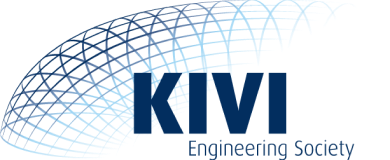
Process Flowsheet Optimization in Theory and Practice
Click here to view the recording
Process Flowsheet Optimization in Theory and Practice
The optimization of process flowsheets is one of the major tasks of chemical engineers when designing new or optimizing existing flowsheets with respect to CO2 emission, energy consumption and/or investment costs. Most of the commercial process flowsheet simulators offer optimization capabilities, but they are not widely used. Instead, “glorified case study approaches“ (Lorenz T. Biegler, Current Opinion in Chemical Engineering 2018, 21:32–40) are used for good reasons. The aim of this talk is to demystify the mathematical optimization methods by providing the necessary mathematical background using industrial case studies.
The first part of this talk will show why well-known mathematical optimization methods like sequential quadratic programming (SQP) fail and which countermeasures can be taken. This will be demonstrated by using a real-world case study of an industrial separation process.
The second part of the talk will focus on optimization methods with discrete decision variables. Discrete optimization methods play an important role in many real-world applications in chemical engineering like superstructure optimization and scheduling. These techniques present additional challenges compared to continuous flowsheet optimization. In particular, the talk will focus on the non-convexity problem and how this problem can be overcome using decomposition approaches. The talk closes with an evaluation of existing optimization methods and a recommendation for future research from the author's point of view.
About the speaker
Meik Franke is professor for Process Design and Optimization at the Sustainable Process Technology Group at the Faculty of Science and Technology of the University of Twente. His research interests are in the area of process design and optimization including mixed-integer optimization, process optimization under uncertainties, and scheduling of chemical batch plants.
He studied Chemical Engineering at the Technical University of Dortmund in Germany and obtained his PhD at the Laboratory of Fluid Separations of Professor Andrzej Górak at the same university. He worked for over 15 years at Bayer and LANXESS in Germany and China in various positions in R&D, production, and project engineering. In his last assignment at Bayer, he was heading the Process Modelling and Design group, which is part of the digital transformation activities providing the Digital Twins for the productions plants of Bayer.
